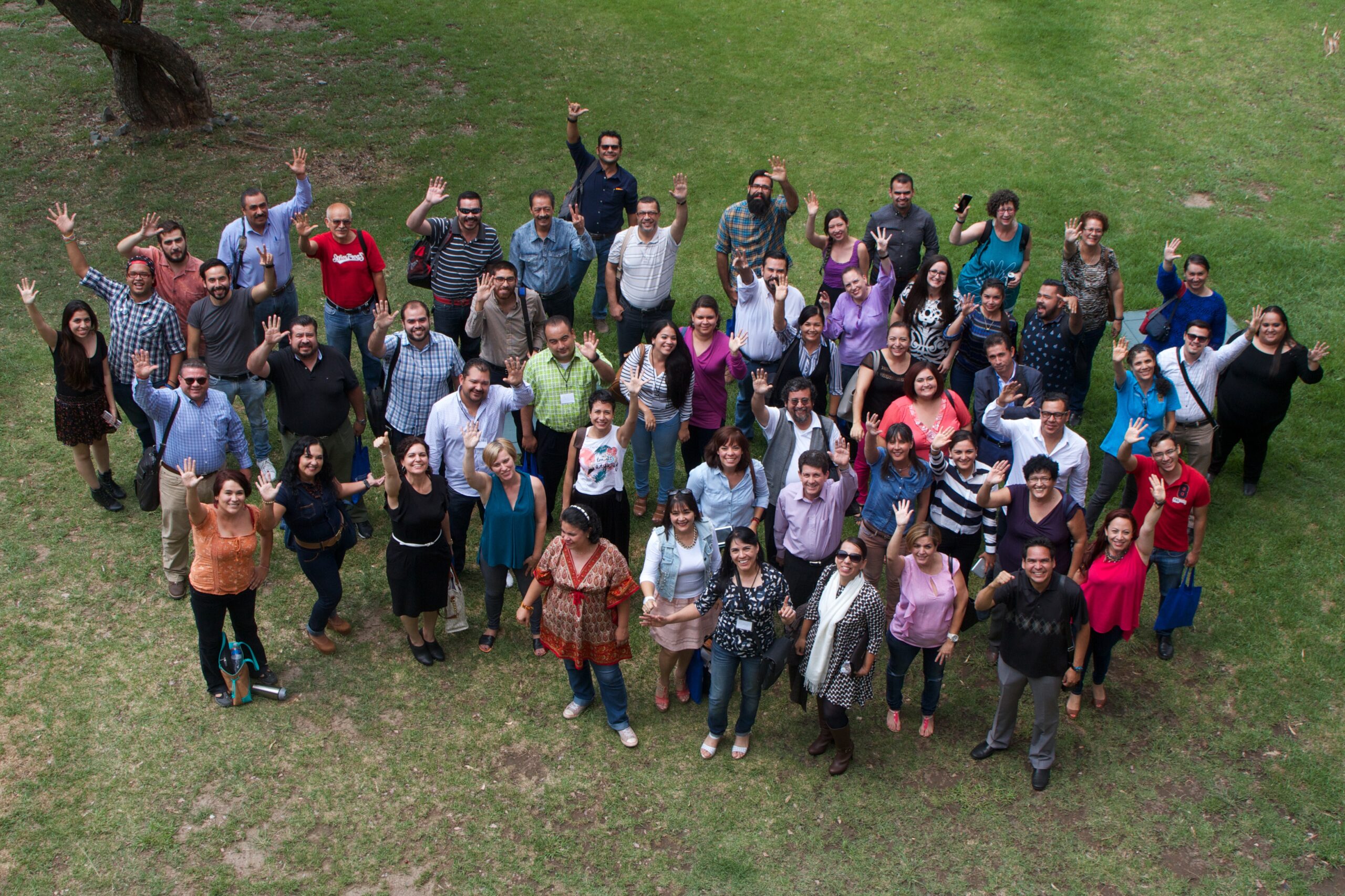In an era where the clarion call for sustainability, equality, and social justice resonates across every corner of the globe, the Bahá’í teachings provide a profound framework for youth engagement in driving development. The notion of youth leading development is not merely an idealistic aspiration that lingers in the realms of philosophical discourse; it is a dynamic and pragmatic approach that resonates with the principles underpinning Bahá’í faith. This leadership is likened to a vibrant tapestry woven from diverse threads, each symbolizing the varied backgrounds, experiences, and aspirations of youth worldwide. The impetus for this engagement is set against the backdrop of the United Nations Forum, a stage where these ideals can proliferate and flourish.
Central to the Bahá’í teachings is the principle of the unity of humanity, which posits that the development of society is contingent upon the equitable contributions of all its members, particularly the youth. The youth demographic represents a significant portion of the global population, endowed with vigor, creativity, and innovative capacities. Their active participation is not merely beneficial; it is imperative for fostering resilient and adaptable communities. This perspective transforms the axiom of “leaders of tomorrow” into a pragmatic doctrine of “leaders of today,” drawing upon the innate potential of young individuals.
To appreciate how Bahá’í teachings inform youth-led development at the UN Forum, it is essential to examine several salient aspects. First is the role of education, imbued with the spirit of service and the cultivation of virtues. The Bahá’í principle of moral education urges young leaders to cultivate attributes such as empathy, integrity, and cooperation. These virtues become the bedrock upon which youth-led initiatives can emerge. Conversely, knowledge acquired devoid of these ethical underpinnings risks leading to exploitation and division.
Furthermore, the Bahá’í perspective on global citizenship accentuates the significance of recognizing oneself as part of a global tapestry. This awareness fosters a sense of responsibility among youth to engage in meaningful dialogues that transcend geographical and cultural boundaries. At the UN Forum, young leaders imbued with this consciousness can forge lasting connections, fostering collaborative initiatives that encapsulate shared aspirations for peace and progress.
Transitioning from individual commitment to collective action necessitates the embrace of consultation—a fundamental Bahá’í principle. This process serves as a mediating mechanism through which diverse viewpoints can coalesce into coherent strategies. At the UN Forum, youth are encouraged to engage in consultative dialogues, transforming abstract ideas into pragmatic solutions for pressing global challenges. This democratic approach resonates with the universal yearning for inclusive decision-making and empowerment. The art of consultation, therefore, becomes a mechanism not only for problem-solving but for community solidarity.
Moreover, the Bahá’í teachings emphasize the interrelationship of spiritual and material progress. The concept of duality implies that true development cannot occur in a vacuum, separated from moral and ethical considerations. As youth leaders present their proposals at the UN Forum, they must intrinsically link their aspirations for economic advancement with the promotion of equity and justice. In doing so, they do not merely advocate for solutions; they embody a holistic approach that resonates with the broader vision of sustainable development goals.
An eloquent metaphor for this integration is the concept of the ‘Garden of the World’, wherein each youth-led initiative is akin to a budding flower that contributes to the ecosystem’s diversity and beauty. Each flower has its unique attributes and potential, yet, collectively, they form a coherent and harmonious environment that nurtures life. Therefore, as youth leaders bring forth their initiatives, they should embrace their distinctiveness while also recognizing their role within the larger narrative of global development.
Networking is another dimension critical to the youth-led initiatives within the context of the UN Forum. The Bahá’í teachings advocate for the importance of building relationships based on mutual respect and understanding. By fostering robust networks, youth leaders can share resources, knowledge, and strategies, thereby augmenting their capacity for impactful change. The interlacing of professional and personal relationships can yield a synergy that propels youth-led initiatives beyond their initial scope, augmenting their reach and sustainability.
Additionally, the commitment to action must not be fleeting. It is imperative for youth to cultivate resilience in the face of challenges. The Bahá’í teachings encourage perseverance and steadfastness, particularly in the pursuit of social justice. As youth navigate the complexities of international forums, resilience becomes their guiding star, illuminating the path amid adversity. This steadfast commitment to their ideals mirrors the tenacity of the Bahá’í community in the face of trials throughout history.
Ultimately, the convergence of Bahá’í teachings with the aspirations of youth at the UN Forum paints a picture of vibrant, participatory, and accountable development. It embodies an ecosystem where every voice has significance, and every initiative, no matter how small, contributes to the broader vision of peace and unity. By harnessing the power of youth, underpinned by moral education, consultation, and resilience, the Bahá’í principles are not only applicable but essential to creating a future that is inclusive, equitable, and just.
In conclusion, the narrative of youth-led development articulated through Bahá’í teachings serves as both a compass and a clarion call. It signifies the potential of an emerging generation poised to lead with integrity, compassion, and vision. The youth are not merely participants in this grand dialogue; they are the architects of our collective future, crafting legacies that will inspire generations to come. It is in this spirit of shared purpose and divine service that the seeds of transformation will blossom, ushering in an era of global unity and cooperation.
